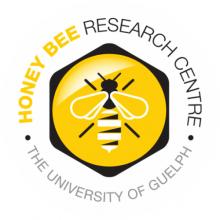The University of Guelph's Policy and Procedures on Research Centres and Institutes, and Scholarly Chairs outlines the process for establishing a centre or institute, governance expectations and reporting requirements. The official version of this policy is housed with the University Secretariat.
- Centres and Institutes
- Groups



